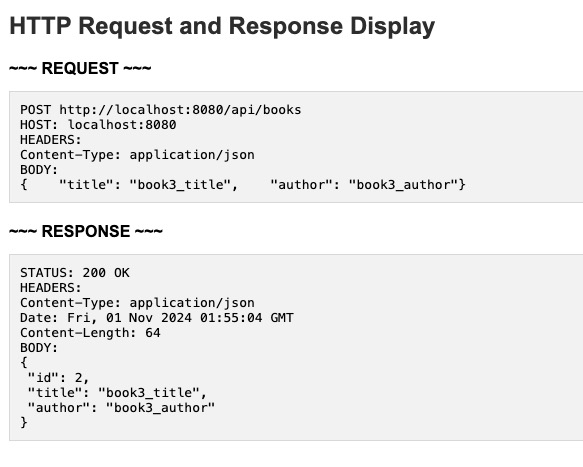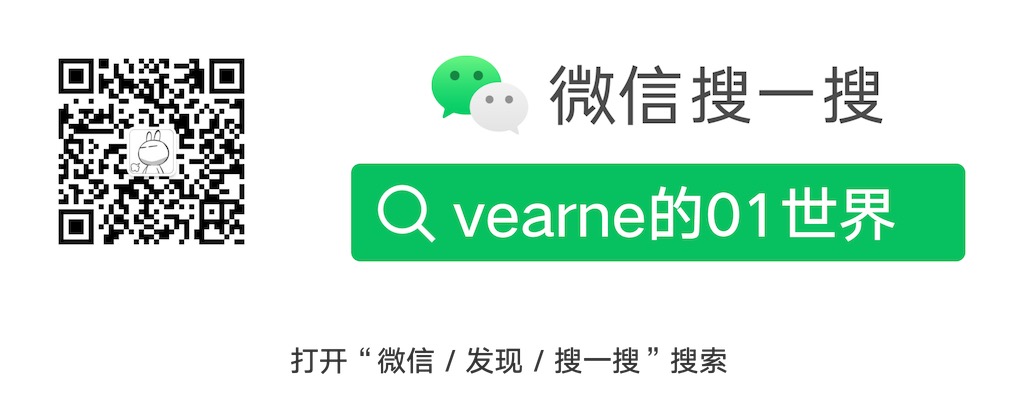一个自动化测试框架 vearne/autotest
注意: 本文基于 vearne/autotest v0.0.9
1. 引言
萌叔手上的API服务不少,核心的项目都有CI和单元测试。
但是毕竟在单元测试中,对外部数据库、微服务的调用都是mock的,缺乏对整个链路的自动化测试
这段时间开发了一个自动化测试框架 vearne/autotest
初步实现了对HTTP协议API服务的支持,后期应该还会支持gRPC协议的API服务
2. 框架的优势
- 无需进行程序开发,只需要编写配置文件
- 可以指定testcase之间的依赖关系
- 无依赖关系的testcase可以并发执行,执行速度更快
- 使用xpath提取变量,书写方便
- 支持从文件中导入变量,支持从response中提取变量
3. 完整的示例
3.1 启动API服务
使用docker compose启动一个HTTP RESTful API服务
cd docker-compose
docker compose up -d这个服务是book管理服务,它支持对book的增删改查
添加
curl -X POST 'http://localhost:8080/api/books' \
--header 'Content-Type: application/json' \
--data '{"title": "book3_title", "author": "book3_author"}'接口返回
{
"id": 3,
"title": "book3_title",
"author": "book3_author"
}修改
curl -X PUT 'localhost:8080/api/books/3' \
--header 'Content-Type: application/json' \
--data '{"title": "book3_title", "author": "book3_author-2"}'接口返回
{
"id": 3,
"title": "book3_title",
"author": "book3_author-2"
}3.2 自动化测试
autotest run -c=./config_files/autotest.yml -e=./config_files/.env.dev自动化测试中的每一个测试用例都是
- 1) 针对API服务的请求
- 2) 针对响应的一组断言
测试用例【2】
- id: 2
request:
# optional
method: "post"
url: "http://{{ HOST }}/api/books"
headers:
- "Content-Type: application/json"
body: |
{
"title": "book3_title",
"author": "book3_author"
}
rules:
- name: "HttpStatusEqualRule"
expected: 200
- name: "HttpBodyEqualRule"
xpath: "/title"
expected: "book3_title"
export:
xpath: "/id"
# Extract the id value and export it to the variable MY_BOOK_ID
exportTo: "MY_BOOK_ID"
# default is string, optional value: integer | string | float
type: integer测试用例【2】对接口发出POST请求,添加了一本书,并且断言
1) HTTP的状态码是200
2) response的body中的title字段的值是"book3_title"
这里字段提取使用了XPath,XPath通常被用于对xml文件的解析,这里萌叔把它引申到对JSON字符串的处理
关于Xpath的语法详见参考资料1
对于测试用例【2】,萌叔还想使用接口返回中的某个值,所以后面萌叔export了其中的id值,
把它导出到变量MY_BOOK_ID,在后面的测试用例中,我们会用到它
测试用例【3】
- id: 3
# Depends on TestCase2
# TestCase2 must be executed first
dependOnIDs: [2]
request:
# optional
method: "put"
# The user-defined variable HOST and the variable MY_BOOK_ID
# obtained in TestCase2 are used here.
url: "http://{{ HOST }}/api/books/{{ MY_BOOK_ID }}"
headers:
- "Content-Type: application/json"
body: |
{
"title": "book3_title",
"author": "book3_author-2"
}
rules:
- name: "HttpStatusEqualRule"
expected: 200
- name: "HttpBodyEqualRule"
xpath: "/author"
expected: "book3_author-2"测试用例【3】依赖测试用例【2】,修改书本的作者,
这里断言http响应的状态码是200,author字段的值是"book3_author-2"
最佳实践
-
建议对于有读有写的场景下,可以使用docker compose来构建一个干净的环境进行自动化测试
-
要想查看自动化测试过程中,与API服务交互完整的输入输出,可以修改配置文件
debugglobal: # worker_num: 5 worker_num: 1 # default: true ignore_testcase_fail: true # 将debug改为true debug: false -
对于测试用例较多的情况,请修改
worker_num的值
同一个文件内部的测试用例是并发的
注意: 同一个文件,测试用例的ID不允许重复
后记
2024年11月1日,至v0.1.6版本,autotest
- 支持对gRPC协议的API服务进行测试
- 支持以Lua脚本的方式对结果进行判断
- 以CSV和HTML两种方式,自动化测试的结果



参考资料
作者: vearne
文章标题: 一个自动化测试框架 vearne/autotest
发表时间: 2024年5月8日
文章链接: https://vearne.cc/archives/40136
版权说明: CC BY-NC-ND 4.0 DEED
